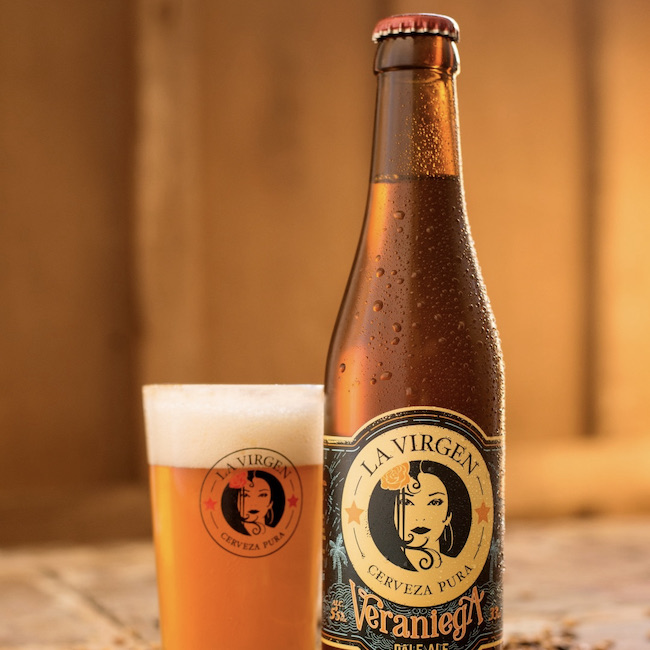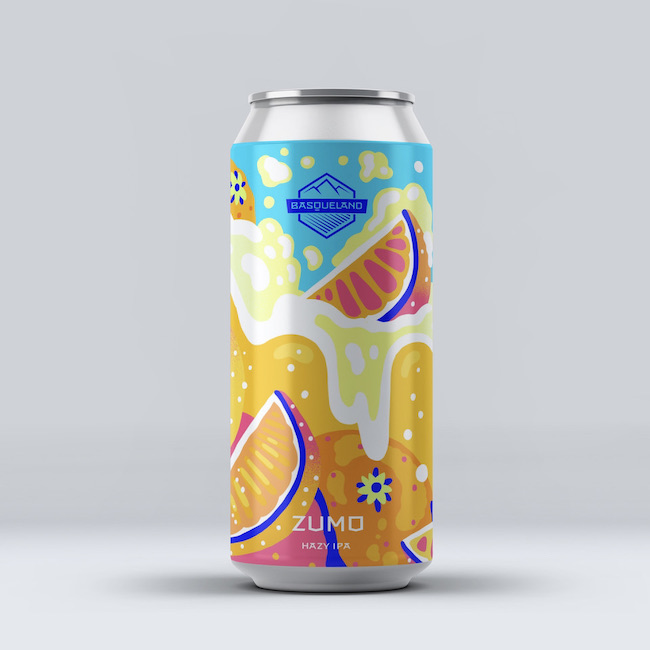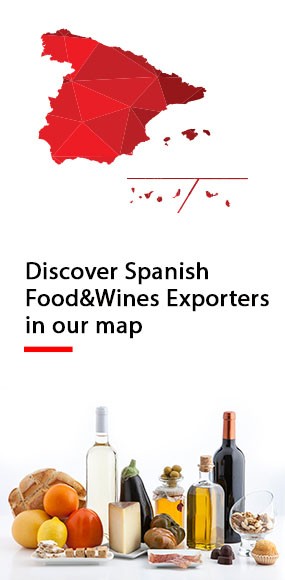.png.transform/rendition-xs/image_image%20(1).png)
Craft Beer Made in Spain in the Glass, a Trend on the Rise
In just 10 years, the Spanish craft beer scene has gone full throttle with some brands even racking up awards
César Pascual was working in San Francisco when he saw how the city was bringing back lifelong trades, among them, local and small-scale brewers. "It short-circuited my brain," he said. It was 2011 when, along with two friends from Madrid, he returned to Spain to create La Virgen beers.
"There were hardly any craft beers in Spain. We saw that there was an opportunity to shake up a market that had been very dormant in recent years, with little room for innovation," says Pascual.
Spain ranks second in the EU in terms of beer production, with 41.1 million hectoliters (surpassed only by Germany) and has a very important beer drinking tradition; however, until 10 years ago, lager-style beer was practically the only beer available. With the arrival of breweries such as La Virgen, the options to choose between different styles multiplied. In addition to making a lager, they also make the Jamonera (which goes great with a ham sandwich), an amber-style ale that was distinguished at the World Beer Awards in 2019 and 2021, and the 360, with lots of hops. They also have seasonal beers, such as one with figs.

Their journey is a textbook success story: they went from being four people in the early years to doubling staff in record time. "At the end of 2015, we had to move because we already had 60 people working for us. We outgrew the factory." They had to move to a bigger one to keep brewing in Las Rozas, on the outskirts of Madrid, where they continue to produce their local beer but with international footprint. "We've been able to position ourselves as a complementary beer to big brands like Mahou. We're available alongside Mahou and other bigger brands in bars and restaurants, so that customers can order one and then another," he says.
For Pascual, the craft beer sector in Spain "has become much more professional since La Virgen started" with "a much higher quality product." Currently, they export to France, the United Kingdom, Russia, Mexico, and Chile. La Virgen crosses borders.
IPAs and spectacular design from the Basque Country
Kevin Patricio and Ben Rozzi, two North Americans based in San Sebastian, realized there was a need for high-quality beer in the market. Their solution was to create Basqueland Independent Craft Brewery in 2015. Since then, their rise has been meteoric. “The truth is that we have accumulated hundreds of distinctions internationally," explains Goren Alkiza, the brand's marketing manager.
"The beer is made with just three ingredients and we use spectacular quality water from the Basque Country, excellent malts, and wonderful hops, which provide fruity, floral, and herbal aromas," says Alkiza.
If Basqueland is known for anything, it's their IPAs (Indian Pale Ale style). Among them is Unstoppable, their best-known beer, although they have dozens of beers, many of them limited edition and always with very attractive designs that sell out shortly after going on sale. "If there's one thing we're very proud of, it's that we've been named Best Brewery in Spain five times in the last seven years and Best Brewery at Barcelona Beer Challenge in 2021 and 2022. There we competed with breweries from all over Europe. This means one thing: that the level of craft beer in Spain has improved so much in recent years that we're now on par with countries where there's a longstanding tradition, such as Belgium and Germany," says Alkiza. Currently, its products are exported to Portugal, France, Belgium, the Netherlands, Germany, and Scandinavia.

Entrepreneurial innovation
The craft beer scene welcomes companies of all sizes. Mustache has a more limited production than La Virgen and Basqueland. It was created by Óscar Cascallana, an industrial engineer who developed the project as a hobby and later took the professional leap.
His proposal is a mix of creativity and innovation. After launching his first very hoppy wheat beers, he started working with seawater. His first experience: Mustache Negra Marinera, the first black beer made with seawater. "It's a brown ale to which seawater from the Rías Baixas is added. This beer concept was inspired by oyster stout, adding salinity but switching oysters for seawater," Cascallana says.
Along those lines, he has his Mustache de batea, made using a batea, a wooden platform placed in the sea to grow mussels and other mollusks, which won first prize for innovation at the Barcelona Beer Festival in 2020. "Based on the batonnage technique used to make Champagne, we submerge a very limited number of our beers for 90 days tied to a mussel punt in Galicia's Rias Baixas.
The constant movement of the sea keeps the yeast in suspension. This quality, together with constant temperature and pressure and the absence of light, provides for a unique maturation," says Cascallana.
Pairings: the art of snacking
Craft beer indubitably offers many pairing possibilities... In the end, its complex aromas and flavors allows for many combinations. However, it doesn't need to be complicated: to pair a snack with these beers, all we have to do is open a bag or a package to enjoy a truly delicious moment.
All craft beer tastes wonderful with Marcona almonds. This variety, considered the best in the world, is easily recognizable by its ovoid shape and its delicate and slightly sweet flavor. If we're looking for almonds with a PGI distinction, it's easy to find a high-level companion: Almendra de Mallorca PGI.
Craft beer also goes great with table olives. The refreshing bitterness of the hops pairs perfectly with a bowl of olives—Gordal, Cacereña, or Manzanilla... A cold beer also pairs well with premiumpotato chips made in Spain: from the thin, delicate Bonilla a la Vista chips, made in Galicia, to the very sophisticated Torres chips, which include flavors like black truffle, Mediterranean herbs, and even caviar!

